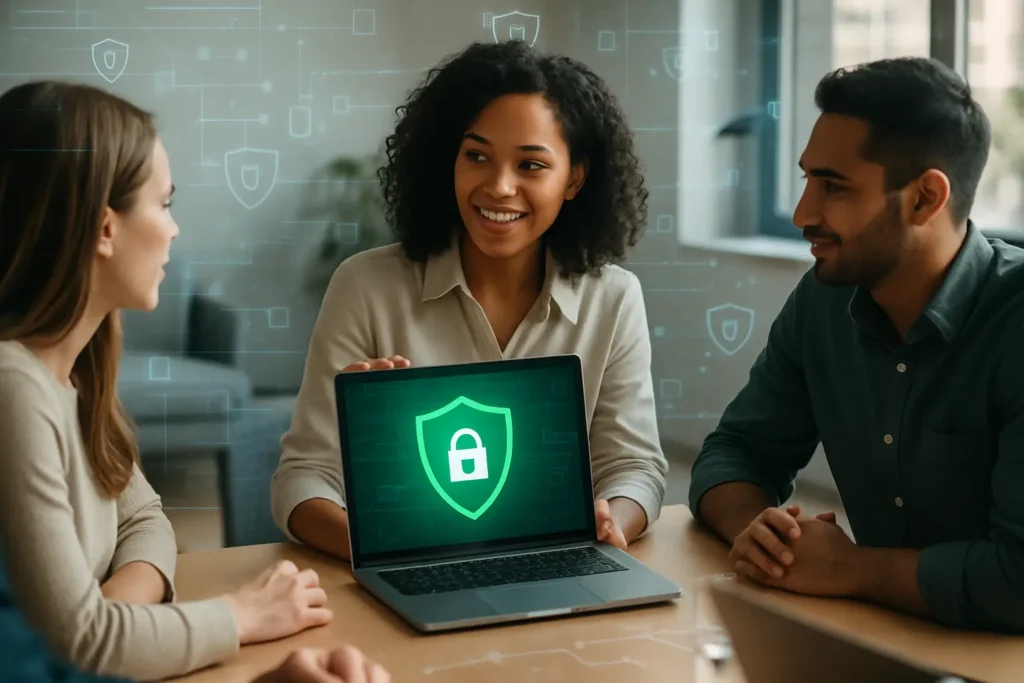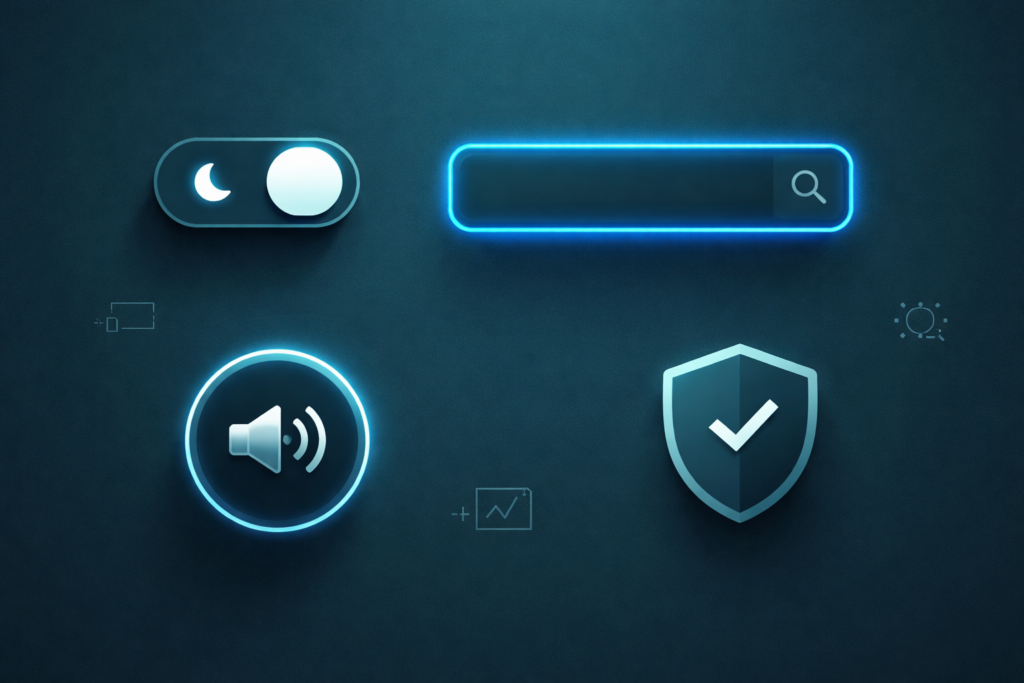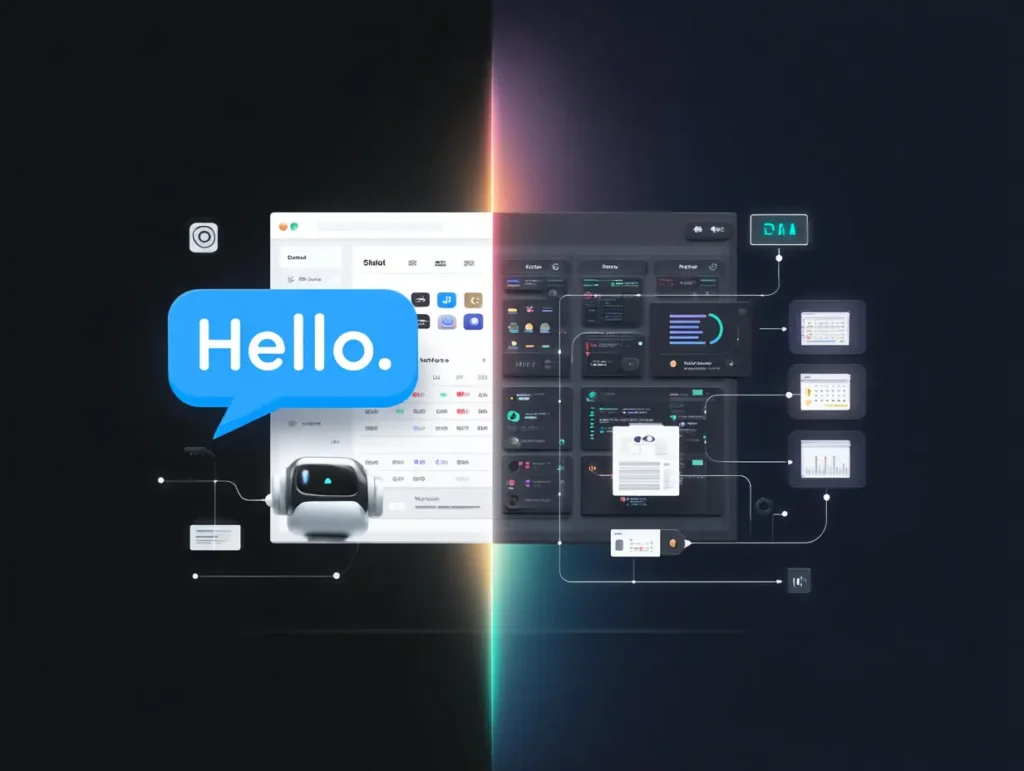Just a few days ago, Amazon Web Services (AWS) — the backbone of the internet — went down.
For more than 12 hours, websites, apps, and even banks were offline. (Reuters report)
It was a simple DNS error in one region… but the impact was massive.
The takeaway?
Even the biggest, most advanced companies are vulnerable.
So what about small businesses, startups, and solopreneurs?
Let’s break down what this means, and how you can protect yourself.
No system is bulletproof
AWS’s outage was global proof that no one is too big to fail.
If the cloud that powers Netflix, Zoom, and Spotify can go dark, it’s not about if smaller systems can break, but about when.
That’s why cybersecurity today isn’t just about “being safe.”
It’s about being prepared, knowing how fast you can recover when something happens.
Backups aren’t optional anymore
When AWS went down, thousands of businesses realized their “cloud backups” were on… the same cloud.
To avoid that, use a multi-layer approach:
- Store one backup locally (external drive or NAS).
- Store one in a different cloud (Google Drive, Dropbox, or another provider).
- Automate it with tools like UpdraftPlus, Backblaze, or Veeam.
Test your restore process once a month, don’t wait for a disaster to learn it doesn’t work.

Access control = damage control
Security isn’t only about firewalls, but it’s about people.
Regularly review:
- Who has admin access to your tools or websites.
- Which old employees or contractors still have logins.
- Where passwords are stored (hint: not in spreadsheets).
Tools like 1Password or Bitwarden make this easy and safe.
Fewer logins = fewer risks.
Communication builds trust
During the outage, AWS’s status page and updates helped calm millions of users.
If something breaks in your business, do the same — talk to your clients quickly.
Explain what’s happening, what you’re doing, and when they can expect updates.
You can’t control every outage, but you can control how you respond.
That’s what builds trust.
Security is now a selling point
The outage also reminded everyone that reliability is part of reputation.
Clients, especially B2B ones, care about how you protect their data and continuity.
Add a “Security & Reliability” section to your proposals or website.
Show that you use trusted systems, backups, and best practices.
That transparency becomes a quiet but powerful competitive edge.
Tools worth using
You don’t need an IT department — just smart habits and the right tools.
- Cloudflare: shields your site from DDoS attacks and keeps uptime stable.
- UpdraftPlus / Backblaze: automatic backups that actually restore.
- 1Password / Bitwarden: team password management done right.
Final Thought
The AWS outage wasn’t just a tech story, it was a reminder that every business is online now.
Whether you run a design studio, an e-commerce store, or a client service business, your systems are part of your brand.
Protecting them means protecting your future.
Start small, document your systems, and treat cybersecurity like what it truly is — business hygiene.
And if you ever feel unsure where to start, Aella Creative Force is here to help you secure your digital presence and build client trust that lasts. Contact us anytime, we’re always happy to help.










